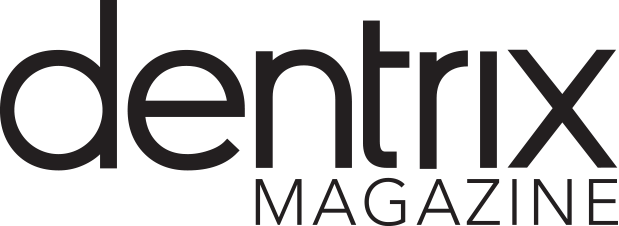Guidelines for billing medical insurance.
Updated 6/30/20
More dental offices are submitting claims to medical insurance carriers, either because the dental carriers require adjudication by the medical carrier before they will process the claim, or because patients are requesting offices to submit to medical on their behalf. The ability to submit claims to medical carriers can provide significant benefits for your patients and, ultimately, your practice, both in dollars and cents and in that it goes far for customer service and patient retention.
All medical claims require the use of diagnosis codes and, as of April 2019, the US standard is ICD-10 CM. Diagnostic codes tell the carrier why the services were performed (i.e. they support the medical necessity). The codes reported on a claim form, whether procedure codes or diagnostic codes, must be supported by the documentation in the patient record.
The primary procedure code set used in medical claims (CMS 1500 form) is Current Procedural Terminology or CPT codes; however, there are times when “D” codes can be used on medical claim forms. Coding guidelines tell us to use CPT codes if there is a specific code to report. If not, we are allowed to defer to the HCPCS codes (Healthcare Common Procedural Coding System), of which the dental codes are a subset. For many of the services dentistry provides, like extractions, restorations, and crowns, there is not a specific CPT code. That means you can put D codes on your claim forms where a specific CPT code does not exist.
Proper completion of the claim form, understanding of the code sets (ICD-10CM, CPT and HCPCS), and being able to determine coverage guidelines BEFORE the procedure is performed will bring success to your dental office.
Learn More
To learn how to set up medical billing in Dentrix, read the Medical Codes Overview in Dentrix Help.
By Terri Bradley
Terri’s extensive hands on experience, including management of a multi-doctor oral and maxillofacial surgery practice, laid the foundation for her current success as a speaker, consultant and medical coding expert. She is certified by the American Institute of Healthcare Compliance, Inc., as an ICD-10-CM Certified Trainer. She keeps her finger on the pulse of policy updates and changes in the insurance industry as she works with OMS offices daily. Terri is a member of the Academy of Dental Management Consultants and the Medical Group Management Association. She has a B.S. degree in Healthcare Administration.
Published as part of a collection of key takeaways from the 2015 Business of Dentistry Conference, along with:
- Building that Illusive Winning Team
- Communication and Customer Service Skills for the Clinical Team
- Foolproof Steps to Increase Patient Case Acceptance
- The Work SMART Scheduling System
Originally published in Dentrix Magazine, Winter 2015





